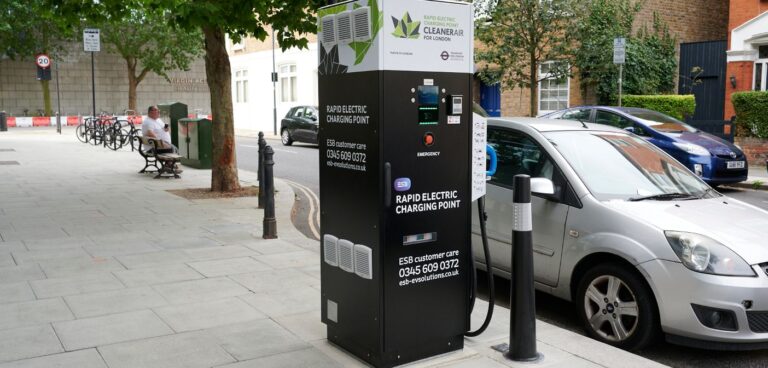Electric vehicle (EV) charge points have been listed among the assets eligible for the UK government’s super-deduction on capital allowances.
As announced last week during the annual Budget, the super-deduction offers 130% first-year relief on qualifying main rate plant and machinery investments from 1 April 2021 until 31 March 2023 for companies.
According to the Treasury, this means that for every £1 a company invests, their taxes are cut by up to
25p.
At the time of writing, it was unclear whether the measure would apply to the wider infrastructure that supports EV charge points, such as upgrading onsite electrical distribution equipment, supplementing grid capacity with onsite energy storage, and integrating renewables into the charging infrastructure.
In addition to EV charge points, the kinds of assets that may qualify for the super-deduction include, but are not limited to, tractors, lorries and vans; solar panels; computer equipment and servers; ladders, drills and cranes; office chairs and desks; refrigeration units; compressors and foundry equipment.
The government said it was introducing a super-deduction to “give companies a strong incentive to make additional investments, and to bring planned investments forward”.
Since the Covid-19 pandemic, existing low levels of business investment have fallen, with a reduction of 11.6% between Q3 2019 and Q3 2020.
It’s hoped that the change will make the UK’s capital allowance regime more internationally competitive, lifting the net present value of the country’s plant and machinery allowances from 30th in the Organisation for Economic Co-operation and Development to first, said the Treasury.





